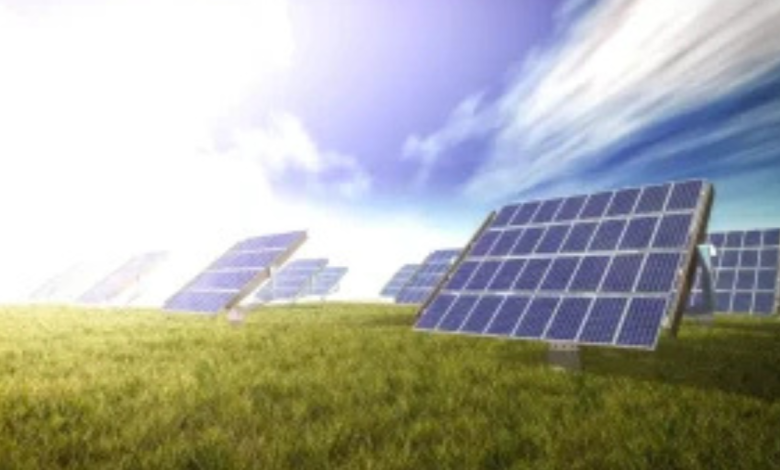Is Solar Worth It in Gauteng in 2025? Here’s What You Need to Know Before You Switch

As electricity prices continue to rise and load shedding remains a challenge in South Africa, many Gauteng residents are considering solar energy as a sustainable alternative. But is solar really worth it in Gauteng in 2025? This article explores the benefits, costs, and important factors to consider before making the switch to solar power.
ALSO READ: Rooftop Solar Demand Soars in South Africa Despite Reduced Load Shedding
Why Consider Solar Energy in Gauteng?
Gauteng experiences abundant sunshine throughout the year, making it an ideal location for solar energy systems. Solar power offers a way to reduce dependence on the national grid, lower electricity bills, and contribute to environmental sustainability. Additionally, with increasing electricity tariffs and frequent power outages, solar energy provides a reliable and cost-effective solution for many households and businesses.
Moreover, government incentives and financing options have made solar installations more accessible. By investing in solar, Gauteng residents can protect themselves against future electricity price hikes and enjoy greater energy independence.
The Cost of Installing Solar Panels in Gauteng
The initial cost of installing a solar system in Gauteng varies depending on the size and type of system you choose. On average, a typical residential solar installation ranges between R50,000 and R150,000. This includes solar panels, inverters, batteries (if opting for off-grid or hybrid systems), and installation fees.
While the upfront investment may seem high, many homeowners recover their costs within 5 to 7 years through savings on their electricity bills. Additionally, solar systems increase property value and reduce exposure to load shedding disruptions.
Types of Solar Systems Available
Before switching to solar, it’s essential to understand the different system types:
- Grid-tied systems: These are connected to the national grid and allow you to use solar power during the day while drawing from the grid at night. Excess energy can often be fed back to the grid, earning you credits.
- Off-grid systems: Completely independent from the grid, these systems rely on batteries to store energy. They are ideal for remote areas but require higher upfront costs due to battery storage.
- Hybrid systems: A combination of grid-tied and off-grid, hybrid systems use solar power and batteries but remain connected to the grid for backup.
Choosing the right system depends on your energy needs, budget, and whether you want backup power during outages.
Factors to Consider Before Switching to Solar
Several factors influence whether solar is worth it for you in Gauteng:
- Electricity consumption: Higher electricity users benefit more from solar savings.
- Roof condition and orientation: South-facing roofs with minimal shading are best for solar panel installation.
- Available space: Sufficient roof or ground space is necessary for solar panels.
- Financial incentives: Check for any government rebates, tax incentives, or financing options.
- Installer reputation: Choose a certified and experienced solar installer to ensure quality and warranty.
Benefits Beyond Cost Savings
Solar energy not only reduces electricity bills but also lowers your carbon footprint. By switching to solar, Gauteng residents contribute to reducing greenhouse gas emissions and promoting renewable energy adoption. Furthermore, solar power increases energy security, especially during load shedding periods, ensuring your home or business remains powered.
Potential Drawbacks to Keep in Mind
While solar offers many advantages, there are some potential drawbacks:
- High initial investment: The upfront cost can be a barrier for some homeowners.
- Maintenance: Solar systems require periodic cleaning and maintenance to perform optimally.
- Battery lifespan: If using batteries, they may need replacement every 5 to 10 years.
- Weather dependency: Solar power generation depends on sunlight, so cloudy days reduce output.
Understanding these limitations helps set realistic expectations.
Is Solar Worth It in Gauteng in 2025?
In 2025, solar energy remains a worthwhile investment for many Gauteng residents. With abundant sunshine, rising electricity costs, and ongoing load shedding challenges, solar offers financial savings, energy independence, and environmental benefits. However, it’s crucial to assess your specific needs, budget, and roof conditions before switching.
By choosing the right system and installer, you can enjoy reliable, clean energy and protect yourself from future electricity price hikes. Solar power is not just an eco-friendly choice it’s a smart financial decision in Gauteng’s evolving energy landscape.


